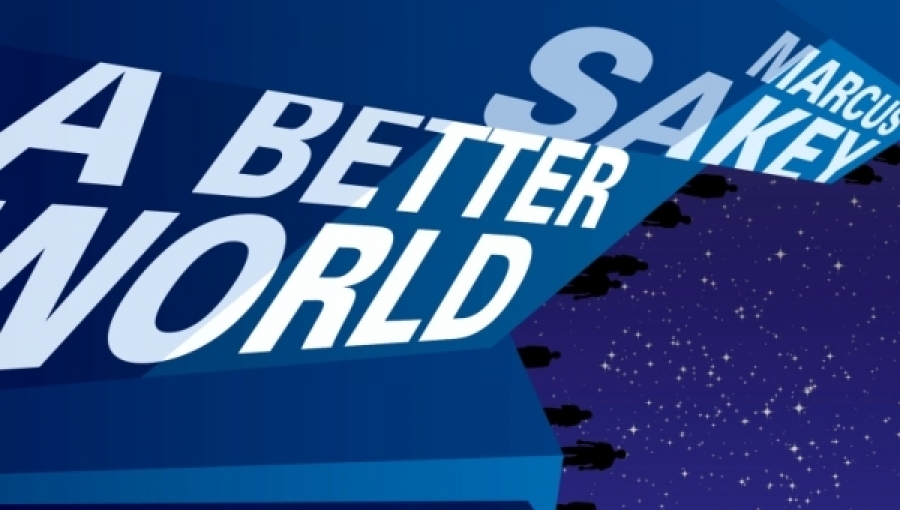Okay, here’s the set up: It’s present-day America, but not the America that you know (though there are some very potent parallels). See, it’s an alternate reality, it’s the present, IF back in the 1980s children started being born brilliant, idiot savants but without the idiot part. 1% of the population has been born with these gifts, gifts that let them read vectors so well they can avoid sight lines of those around them and become nearly invisible or see patterns enabling them to gobble up wealth through investments so efficiently that the stock market is forced to close. There are many different kinds of gifts, and many different levels, or tiers, of ability, and while only one in every hundred people is actually born “Brilliant,” it has changed everything. Despite relentless research, no one yet knows exactly why Brilliants are being born, but the tension that exists between the exceptional minority and the insecure majority is threatening to tear the country apart. There are radicals on both sides, extremist Brilliants who are convinced that they represent a new and superior form of humanity, as well as a new, covert government agency with a limitless budget called the Department of Analysis and Response (DAR) tasked with investigating and eliminating hostile Brilliants on American soil. The story follows a conflicted DAR agent and Brilliant, Nick Cooper, as he tries to prevent another American Civil War.
Following Brilliance (2013), A Better World is the second book in Marcus Sakey’s Brilliance Saga, and it is powerful. Sakey’s writing is engaging, witty, and fast paced. In depicting this alternate present-day America, he has created a world where the Brilliants have jumped us ahead technologically with holographic TVs and foldable tablet devices, but the oppressive mood and social unrest is reminiscent of the 1960s. The themes of security vs. freedom and individual liberties are all too relevant, though, in an age of sweeping government and corporate surveillance.
While this book is extremely fun, irresistible almost, I find my only criticism is its simplicity. It’s an amazing ride, but once it’s over, I don’t find myself thinking back on it very much. You’ll enjoy the characters (You’ll really enjoy the characters, in fact.), and the plot is intriguing, emotionally challenging, and well executed. “Slick” is a word that comes to mind, but, in the end, it’s really just a detective story with a solid foundation. But, who doesn’t love a really good detective story?!

